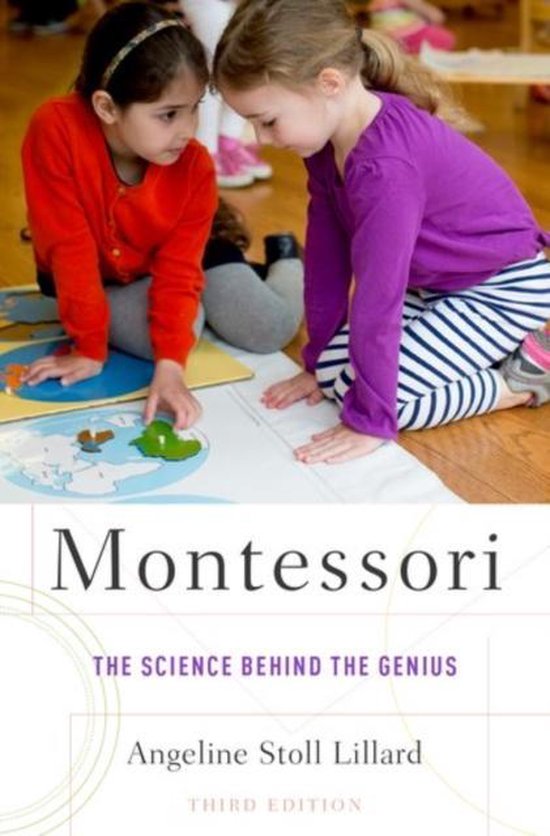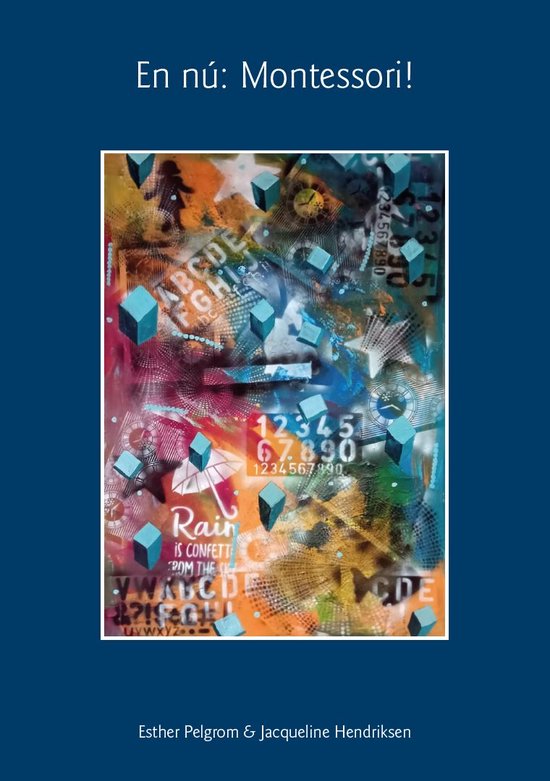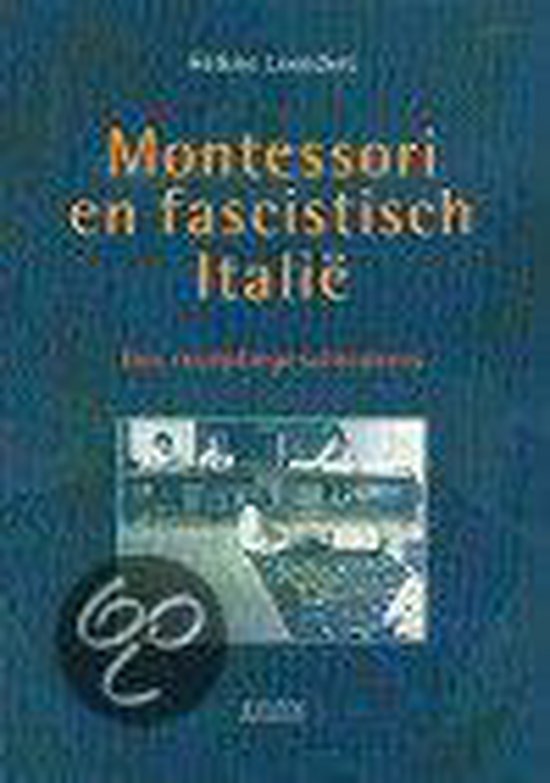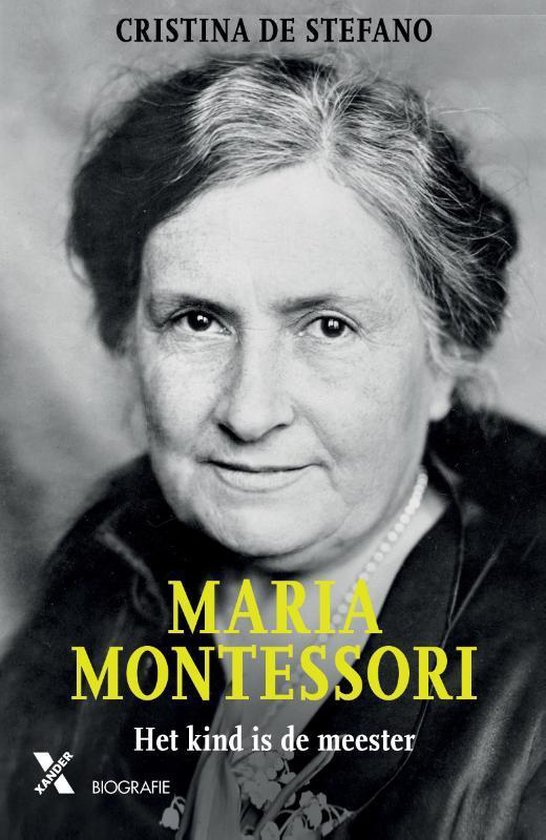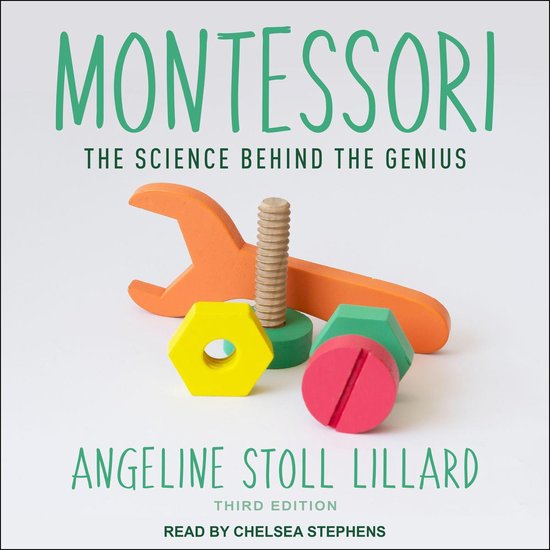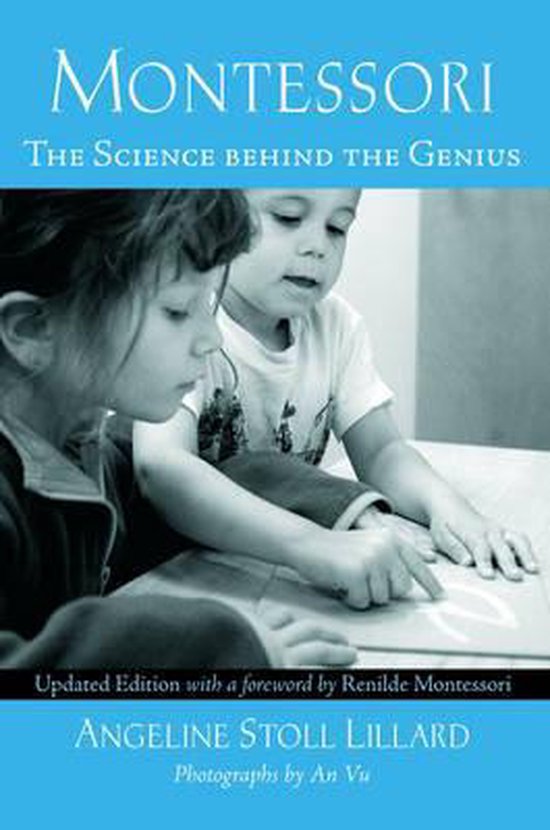
Montessori
Traditional schooling is in constant crisis because it is based on two poor models for children's learning: the school as a factory and the child as a blank slate. School reforms repeatedly fail by not learning from the shortcomings of these models. One hundred years ago, Maria Montessori, the first female physician in Italy, devised a very different method of educating children, based on her observations of how they naturally learn. Does Montessori education provide a viable alternative to traditional schooling? Do Dr Montessori's theories and practices stand up to the scrutiny of modern-day developmental psychology? Can developmental pscyhology tell us anything about how and why Montessori methods work? In Montessori, now with a foreword by Renilde Montessori, Angeline Stoll Lillard shows that science has finally caught up with Maria Montessori. Lillard presents the research supporting eight insights that are foundational to Montessori education and describes how each is applied in the Montessori classroom. In reading this book, parents and teachers alike will develop a clear understanding of what happens in a Montessori classroom and, more importantly, why it happens and why it works. Lillard, however, does much more than explain the scientific basis for Montessori's system: amid the clamour for evidence-based education, she presents the studies that show how children learn best, makes clear why many traditional practices come up short, and describes an ingenious alternative that works. Everyone interested in education, at all levels and in all forms, will take from this book a wealth of insights. Montessori is indispensable reading for anyone interested in what psychologists know about human learning and development, and how to use it to improve teaching effectiveness.
| Auteur | | Angeline Stoll Lillard |
| Taal | | Engels |
| Type | | Hardcover |
| Categorie | | Onderwijs & Didactiek |
